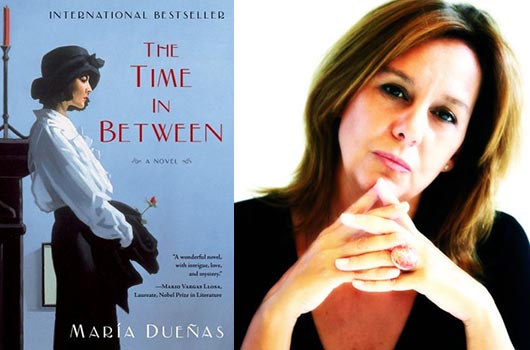
Latinas, like so many cultures hold extended family in high regard, but then we have our extended families, too. We have cousins who aren’t really cousins, and the dear friends of our mothers, whom we call tias. Sociologically, the scenario is known as fictive kin, the family we “adopt” as our own. I’m lucky that one of my “cousins” married into an incredible Puerto Rican family and they, too, became my fictive kin. The Correa’s are so similar to my own family (high volume, high energy, big love) that I always feel comfortable with them. The matriarch of the Correa’s, Mami, has taught me invaluable lessons about family, support, and the real meaning of that fashionable term, “empowerment.”
Mami Correa put together a small dinner for her daughters and daughter-in-law, and I was included in that very special group. We met at my favorite restaurant, and the energy was just incredible. We started with a few cocktails courtesy of the manager, and then headed to our table. That’s when Mami got down to business. Though we were there to celebrate her birthday, I could sense that she had a higher purpose for bringing us all together.
Read Related: Latinas Supporting One Another, Building One Future
WHAT WOMEN DO
She asked us what women our age talked about when we got together. She said that when she left her family in Puerto Rico to live on the mainland, she felt very isolated when faced with concerns about her marriage and motherhood. Though she had one close friend in whom she could confide, she always missed a larger network of trusted friends and family—the fictive kin she never had.
THE CONCEPT
Mami Correa proposed a very deliberate call to action from each of us. She said that instead of just seeing one another at birthdays and holidays, and instead of always getting together in the company of our husbands and children, that we needed to form our own network of real and fictive kin, and be there 100% to support—and yes, empower—one another.
Mami asked us if we trusted and confided in each other enough to say when we thought someone was making a mistake. The answer was a unanimous “No.” She asked us in whom we could confide—really confide without fear of someone telling tales—when our husbands disappoint us. Who could we trust with our deepest fears and anxieties? According to Mami Correa, “It’s time women come together in solidarity to support each other, and redefine the typical girls night out full of loud music and too much alcohol.”
EMPOWERMENT
This very wise woman was not suggesting that we start a war among our friends and family by pointing out one another’s mistakes and shortcomings. Instead, she urged us to create a space of trust where you know your group will bring you back to center when you stray from the right path. Maybe one of us is contemplating an affair, or is spending money compulsively, or is blind to the fact that we have an out of control teenager. Mami Correa’s premise is that we should surround ourselves with women of similar values, who can serve as our moral compass and see a bad situation clearly and without emotion.
Imagine that, a world where women come together to be strong for one another, love each other and motivate one another. There are so many organizations, institutes and groups whose missions focus on the empowerment of women; but if we don’t even get along with the women in our family or foster real connections within our network, then we can’t really be empowered. I’ve always considered myself to be very present and deliberate, yet I hadn’t looked at the women in my network with the intentions proposed. Mami Correa gave me a lifelong gift at her birthday celebration, and sharing it with the Mamiverse network sends her mission on a phenomenal trajectory. Be there for your friends, family and fictive kin. Really be there, not just in words but in action. Don’t be afraid to call someone out when they stumble. Just be sure that when they do stumble—just as you will—you’re there with a shoulder for them to lean on, too.
The key: Become the seed that creates a banyan tree of empowered women who relate from a place of inner beauty.












